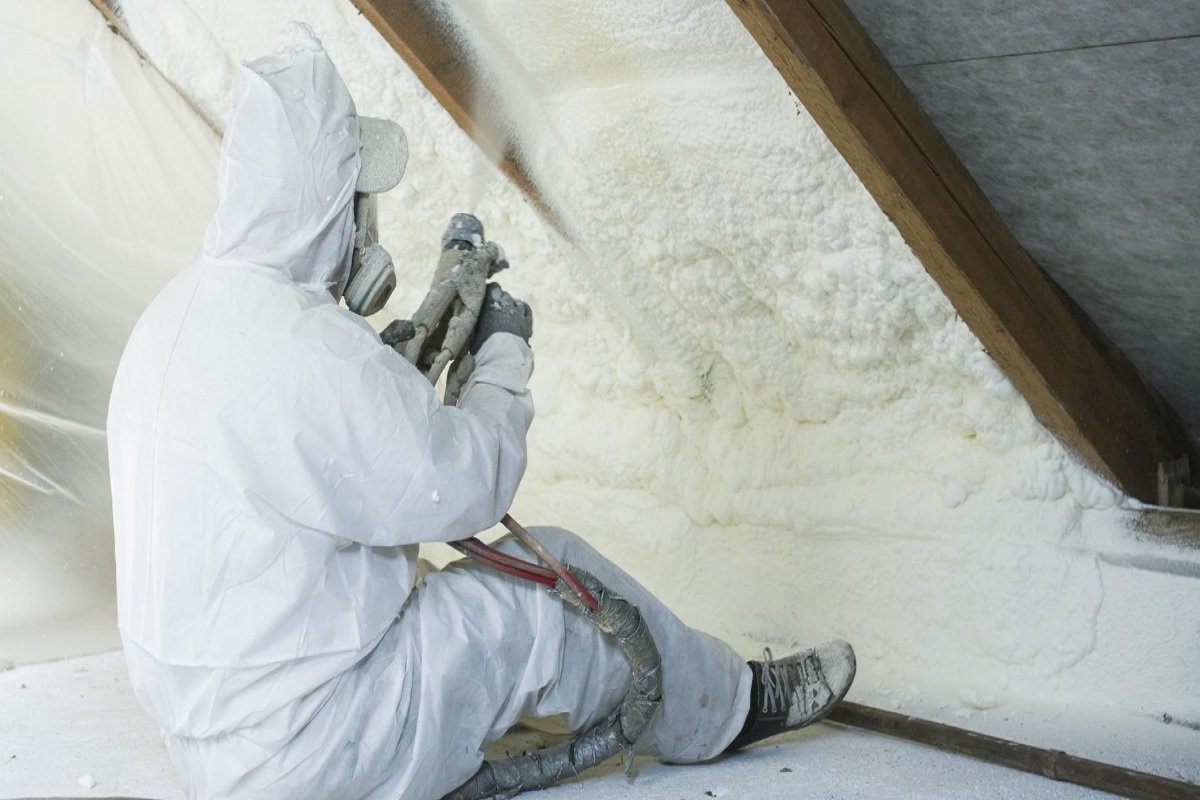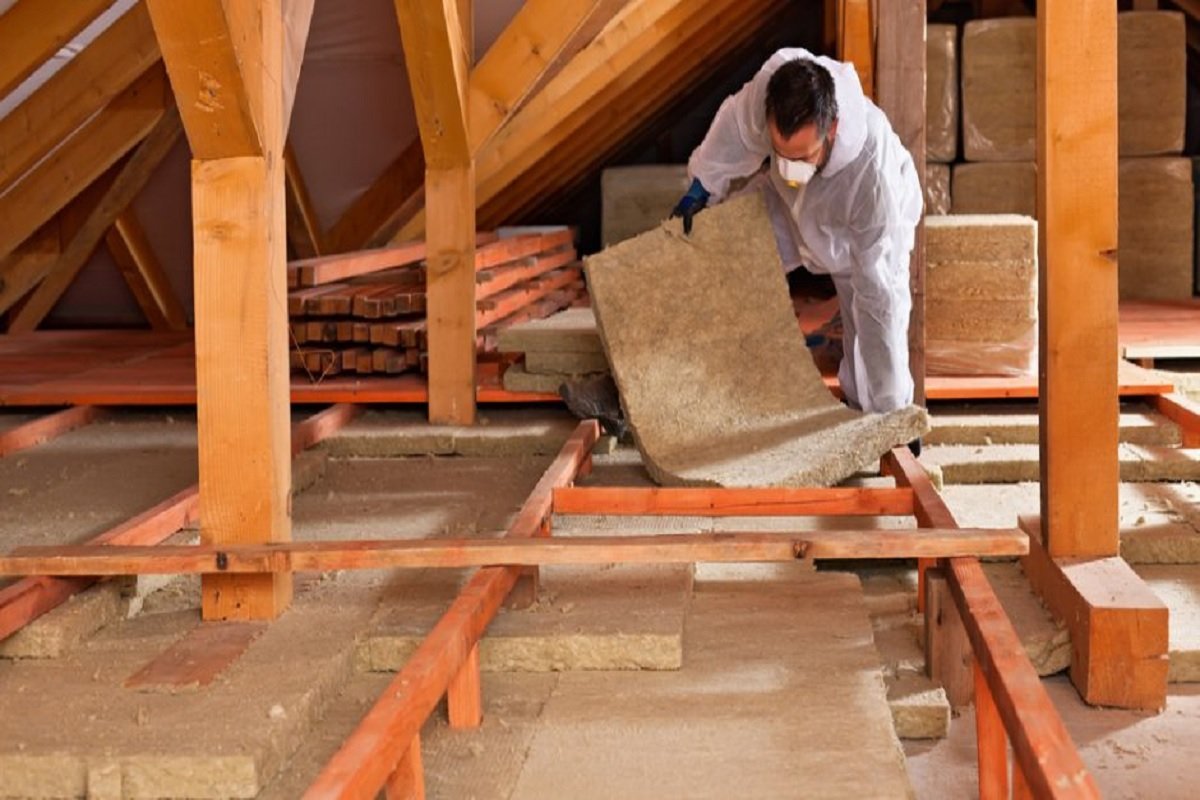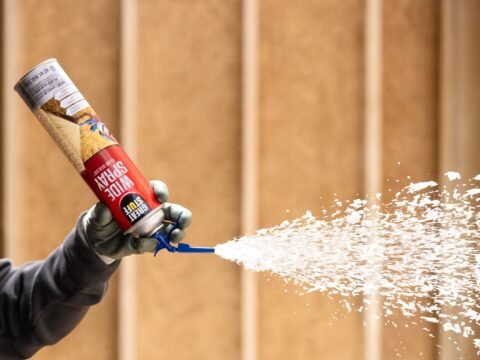
Spray Foam Insulation Can Lower the Use of Energy
February 16, 2023
How Attic Insulation Can Lower Your Costs and Increase Your Comfort at Home
February 28, 2023Dos and Don’ts for Insulating a Basement
The basement is one of the most crucial rooms in your house to insulate properly. It frequently has the mustiest odor and most draughts in the entire home. But it’s not necessary to be. Insulation for basements gets used to regulate temperature and reduce the growth of mold and mildew. Here are some pointers for accomplishing these aims:
Remove That Musty Odor
Even though it’s a widespread issue, it doesn’t have to be that way. There are many smelly basements. Most basements have concrete walls, and concrete is well known for collecting moisture, which is why this is the case.
Ensure you don’t have a more severe moisture intrusion issue before installing insulation. You should install a drainage system if the foundation has water on a typical day.
Know your alternatives for basement insulation. The finest basement insulation options aren’t always the best. For instance, while fiberglass batts are less expensive than other insulation, there are better options for insulating a basement. A roll or blanket made of fibers like wool or fiberglass is called a batt. Additionally, there is rigid foam insulation, which is more expensive than fiberglass but more efficient. Extruded polystyrene or XPS sheets or panels are how they are delivered. An intense moisture deterrent will be stiff foam one to two inches thick. It would help if you created a thermal barrier because XPS is combustible; a half-inch gypsum board should do the trick.
Be wary of applying fiberglass insulation. Putting something other than fiberglass insulation on the concrete wall is recommended. If you have to use fiberglass, there has to get a gap between the wall and the insulation. If there isn’t, the spot where the insulation meets the concrete can get removed by mildew and mold. Remember that fiberglass doesn’t stop moisture, so it gets not recommended when insulating basements. It is possible to decrease the chance of water problems by applying an unbroken layer of closed-cell or rigid spray foam. Then, contractors can construct an exterior wall on the part of foam insulation and place fiberglass batts within the bays of studs. Although this is more effective than applying fiberglass directly on concrete, it gets also recommended to use closed-cell spray foam to make your basement more insulating.
Take into account the advantages of spray foam in your basement. The finest spray foam to insulate concrete basement walls is closed-cell spray foam. It is because it requires less thickness to obtain a higher R-value and superior moisture resistance. It may fill all openings and gaps, providing the best defense against moisture and air intrusion. Even though it is more expensive, you will save money on your energy bills and avoid paying to repair the damage that has already get done by mold and mildew.
Decide if the interior or exterior walls should get insulated. Which side of the basement walls should be protected, inside or out? Insulating the outside typically happens when a house is originally get built. Additionally, exterior wall insulation is the finest option for maximum energy effectiveness. However, for many homes, internal insulation is simpler and more affordable. It’s more sensible to insulate a basement interior that has already been built but has yet to finish.
Remember that each approach is practical and based on what’s essential to your needs. If, for instance, you can insulate the exterior walls, you’ll have more room inside the basement. If you protect the inside walls, it will be possible to maintain a continuous connection between the insulation below the slab as well as the insulation of your walls. If you’re building your own home, wall insulation for the interior is also a good fit in conjunction with the construction timeline. These factors must get taken into consideration when designing your basement insulation.
We advise you to consult a professional before tackling a task such as building insulation in areas of your house. There are many risks to doing this yourself when you hire experts. Avoid unnecessary costs by trying to correct mistakes, and be confident you’ll get it done correctly on the first try.
613 Spray Foam We’ll be more than happy to discuss your insulation requirements. Contact us at (613) 319-8422 or mail us at info@613sprayfoam.ca.




